I received this from Findmypast today:
Norfolk takes first place in this week's release
Delve straight in and discover your own Norfolk narrative.
If you have traced your roots back to the East Anglian county of Norfolk, then this week's release is for you. Discover your ancestors in nearly 300,000 workhouse records spanning across five unions, or uncover their rebellious side in our release of Non-Conformist baptisms, marriages and burials.Norfolk Workhouse Admission & Discharge Registers
We've added over a quarter of a million Norfolk workhouse records this week, including admission and discharge notices. These records span across seven different workhouses throughout the county, belonging to five Poor Law Unions.
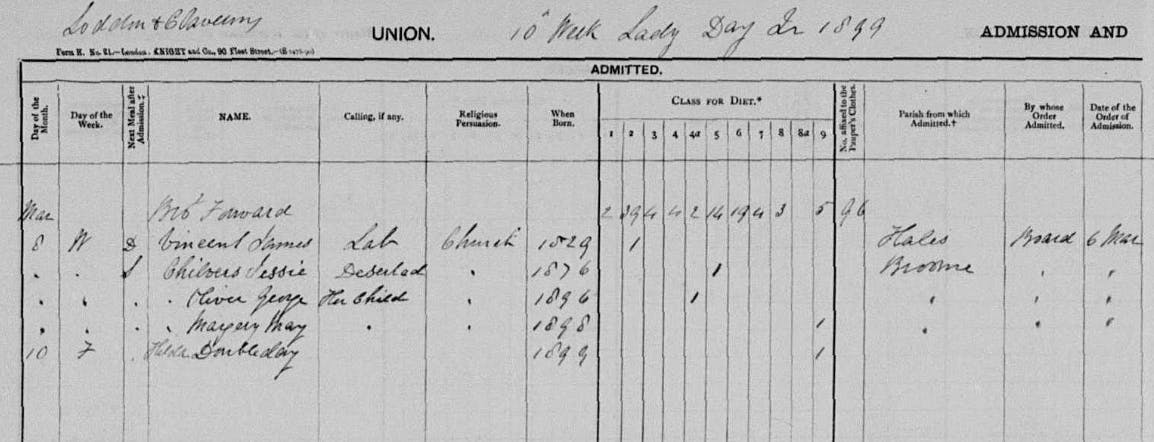
Workhouses were often harrowing places, with grueling days and repetitive work. They never wanted to compete with privately-owned companies in terms of industry or production, meaning workhouse labor was often more physically demanding and more tedious than factory work. Until 1846, for example, some inmates would manually grind bones for fertilizer - though this was banned after two men were found gnawing at the leftover meat to eat. Workhouse meals, though high in carbohydrates, weren't substantial, consisting mainly of bread and occasionally cheese or butter.
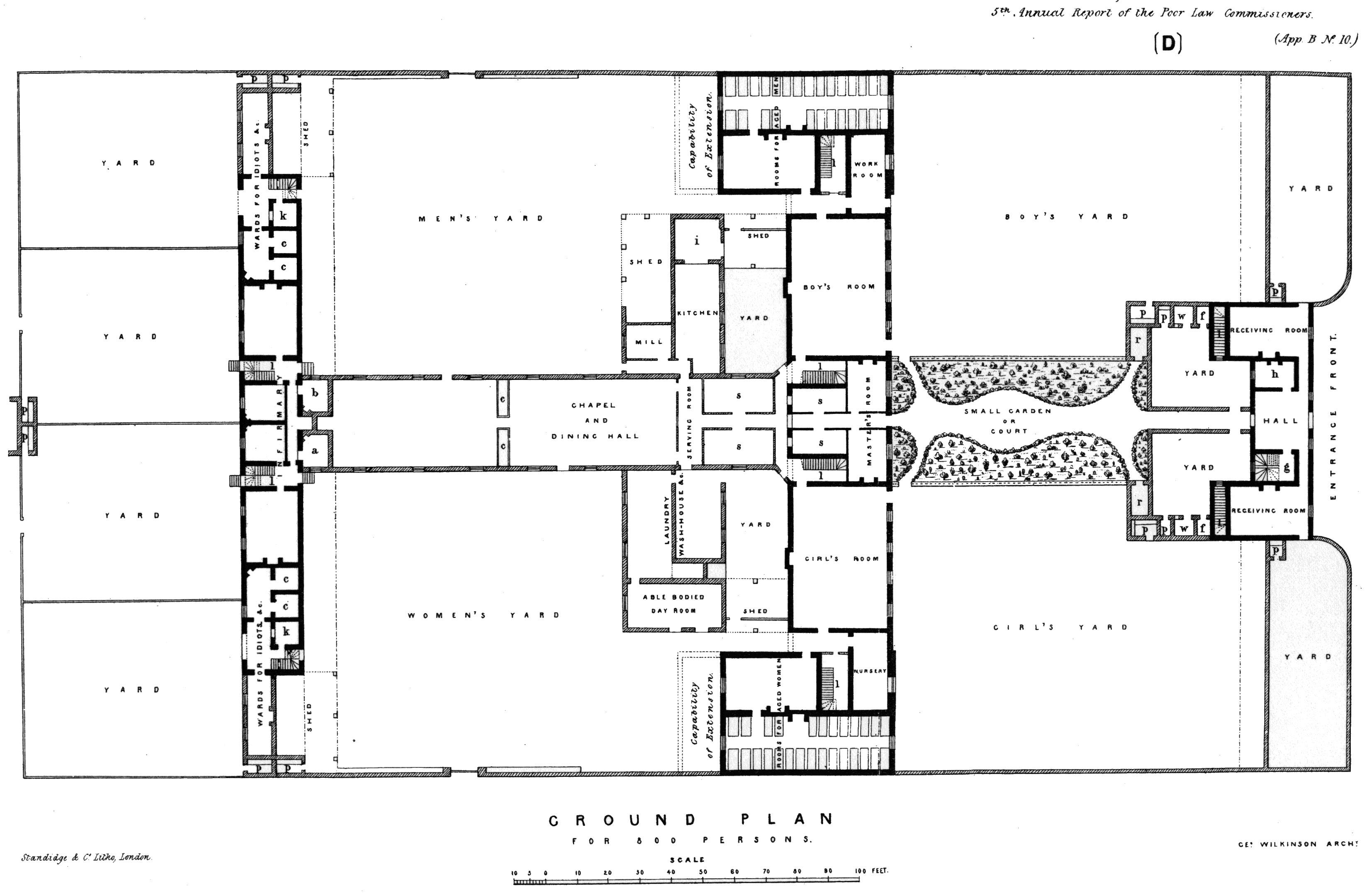
More often than not, families that were admitted to the workhouse together were separated. Workhouse members were then only allowed to visit their relatives, including their spouses and children, on permitted days and for shortened periods of time. These visits were also supervised in order to avoid the giving of unauthorized gifts, such as food or extra clothing. However, exceptions were sometimes made for married couples over 60, as well as being allowed extra milk, sugar and tea.
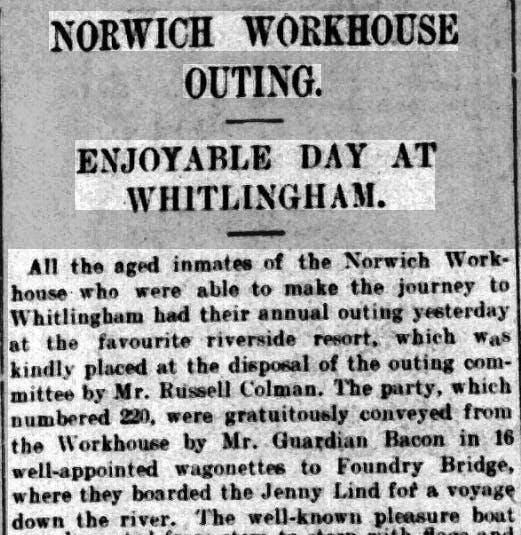
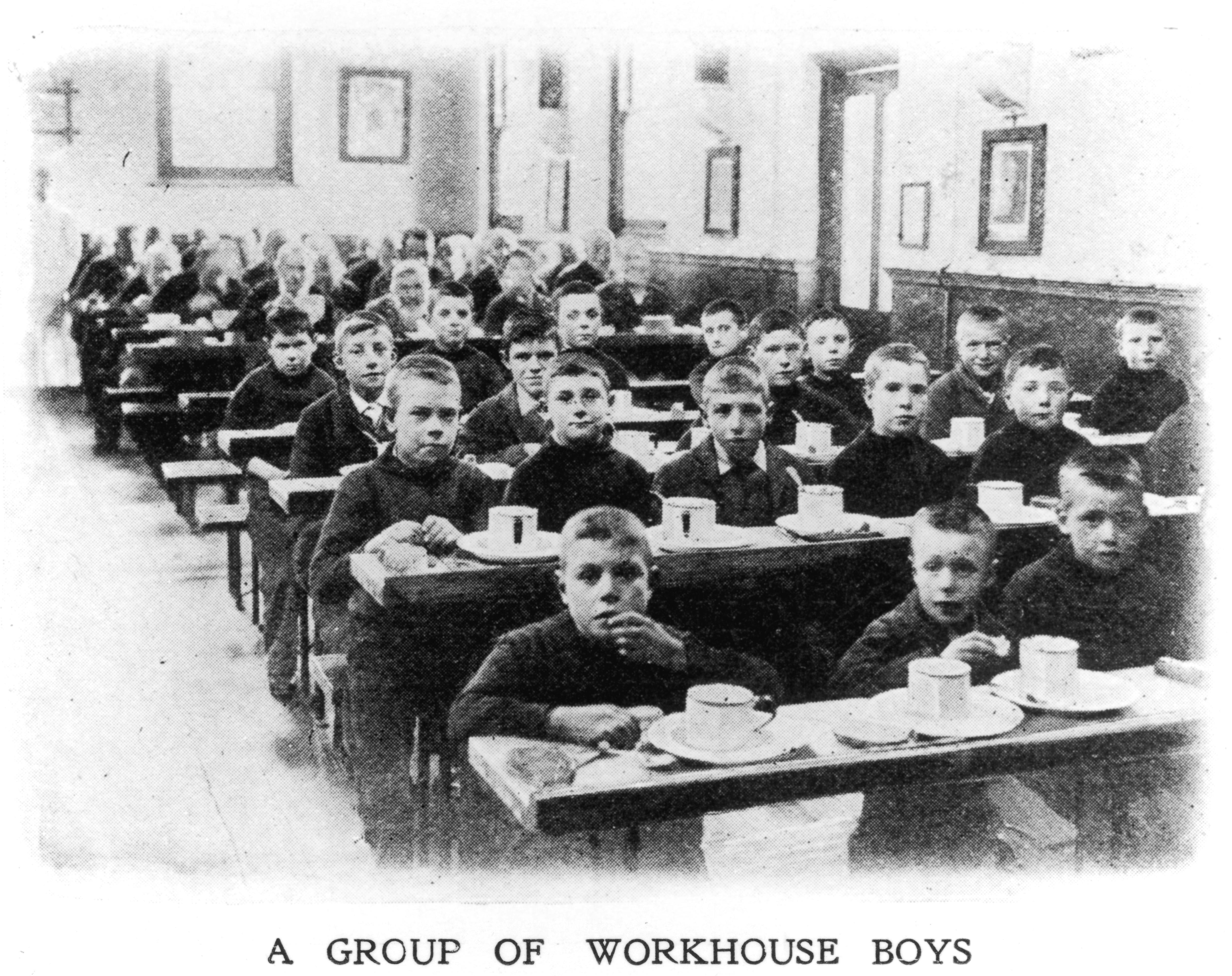
Families were allowed to leave the workhouse together, but should they fall on financial hardship again - which was most likely, given the pittance wages paid to them during their time there - they would be automatically denied government aid, and would simply be returned to the workhouse.
Slowly, the hardships faced by the most poor were being recognized - from the 1830s, working men were encouraged to donate a few pennies a week to charities and societies, which in turn would reduce the amount of parish relief that needed to be given. Just under a century later, the first National Insurance program was instituted throughout the UK, specifically to help those suffering illness and therefore unemployment. However, the change was - and still is - a long process, and workhouses housed both the young and the elderly for as long as they needed shelter. In many cases, this was until they reached adulthood, or even until they passed away.
Norfolk Non-Conformist Records 1613-1901
This week, we've added Non-Conformist baptisms, marriages, banns and burials, all from Norfolk. They have been added separately to our three collections England and Wales Non-Conformist Births and Baptisms, England and Wales Non-Conformist Burials, and England and Wales Non-Conformist Marriages.
Non-Conformist is a broad term, relating to anyone who practiced a religion outside of the Church of England. This includes Jews, Roman Catholics, Members of English Protestant denominations, Methodists, Baptists, Presbyterians, and more.

Prior to the introduction of civil registration in 1837, Non-Conformist citizens were still often baptized, married or buried at their local Church of England parish, even after the Toleration Act of 1689 granted freedom to worship. However, some Non-Conformist churches kept their own records and registers, which can be found in this collection.
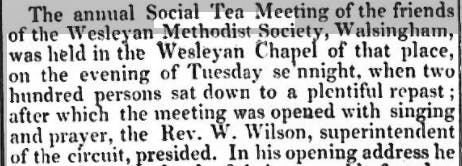
Interestingly, Non-Conformists that were in a workhouse were allowed to access their local church and worship as they pleased - so there may be some crossover between these two new additions.
Researching workhouses centuries on
While workhouses consistently kept thorough records throughout their time as an institution, many of their pages do not survive. Wars, the rebuilding of infrastructure, lack of space or even just time all contribute to the destruction of parts of some indexes. It is all the more important to make the most of what has survived. Here are some tips for finding your ancestors in workhouse records.
1. Context is key
If you're searching through workhouse records, and haven't had any luck. try searching the nearest census instead. Institutions were required to submit census returns for their inmates, and while these may have less information than a workhouse admission or discharge record, it may help you locate your ancestors more precisely. Perhaps, for example, they were in a workhouse or institution elsewhere in the town; perhaps they had left the workhouse by the time of the census. It's important to compare your sources and trace out the journey of your ancestor from a variety of relevant indexes.
2. Broaden the search
Do you have an ancestor that you just can't trace? Be sure to check out other workhouses in other regions of the UK. These buildings had limited capacities, and often people did multiple stints in them - there's a chance they'd be relocated to a different facility, particularly if they moved towns in between. It's also always worth searching by parent's names, previous address, or marital status, rather than searching directly for a name. Many workhouse admissions records noted extra biographical information, and our ancestors often either went by shortened names or had them written incorrectly. There may also be no surviving workhouse records for a specific time period or area - in this case, try Institutional Records or Poor Law Union records, as there may be an overlap between them.
3. Try optional keywords
If your search is still coming up with dead ends, try our optional keywords feature. This searches all non-numerical data within our records, including that which perhaps has no transcription field. It's also worth searching 'Work House' as well as 'Workhouse', or even trying 'Union' to narrow down your search. This field may also help you find ancestors who perhaps had a physical disability - many records note deafness or blindness, for example.
In the news
Love is in the air this month. Delve into our new title The Nonconformist to discover the poem Rousseau's Dream, to which it attributes the contemporary popularity of Valentine's Day.
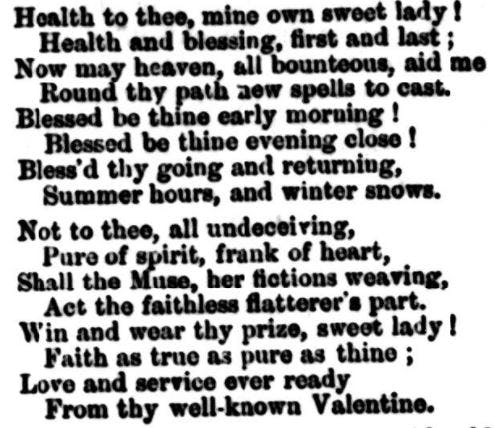
It also noted that in 1856, an incredible 879,000 Valentine's letters were delivered across the month of February.

But that's not all for this week. We've also added the Bacup Times and Rossendale Advertiser, which specialized in particularly thorough reports on local events, and we've updated an extra 26 titles. See the full list below.
New titles:
- Bacup Times and Rossendale Advertiser, 1889
- Nonconformist, 1841-1880
Updated titles:
- Airdrie & Coatbridge Advertiser,1978
- Buckinghamshire Examiner, 1944, 1949
- Carmarthen Journal, 1847
- Coventry Standard, 1947, 1949, 1951-1952, 1954, 1956-1957, 1961, 1963-1964
- Daily Herald, 1960
- Diss Express, 1994-1998
- Evesham Journal, 1861-1862
- Finchley Press, 1900
- Fulham Chronicle, 1985-1987
- Hoddesdon and Broxbourne Mercury, 1987
- Irish Weekly and Ulster Examiner, 1927-1934, 1936, 1938-1962
- Liverpool Journal of Commerce, 1892, 1894
- Liverpool Mercantile Gazette and Myers’s Weekly Advertiser, 1861
- Lynn Advertiser, 1944, 1952-1957, 1998
- New Milton Advertiser, 1999
- Newark Advertiser, 1997
- Nottingham Evening Post, 1970
- Pontypridd Observer, 1979, 1981
- Retford, Gainsborough & Worksop Times, 1986
- Romsey Register and General News Gazette, 1869
- Skegness News, 1932
- Skyrack Courier, 1887, 1894, 1899, 1918
- Spalding Guardian, 1989
- Suffolk and Essex Free Press, 1901-1911
- Surrey Advertiser, 1923
- Winsford Chronicle, 1971, 1973, 1975
Disclosure: I receive a complimentary subscription to Findmypast, and have accepted meals and services from Findmypast, as a Findmypast Ambassador. This has not affected my objectivity relative to Findmypast and its products.
The URL for this post is: https://www.geneamusings.com/2022/02/findmypast-friday-norfolk-takes-first.html
Copyright (c) 2022, Randall J. Seaver
Please comment on this post on the website by clicking the URL above and then the "Comments" link at the bottom of each post. Share it on Twitter, Facebook, or Pinterest using the icons below. Or contact me by email at randy.seaver@gmail.com.

No comments:
Post a Comment